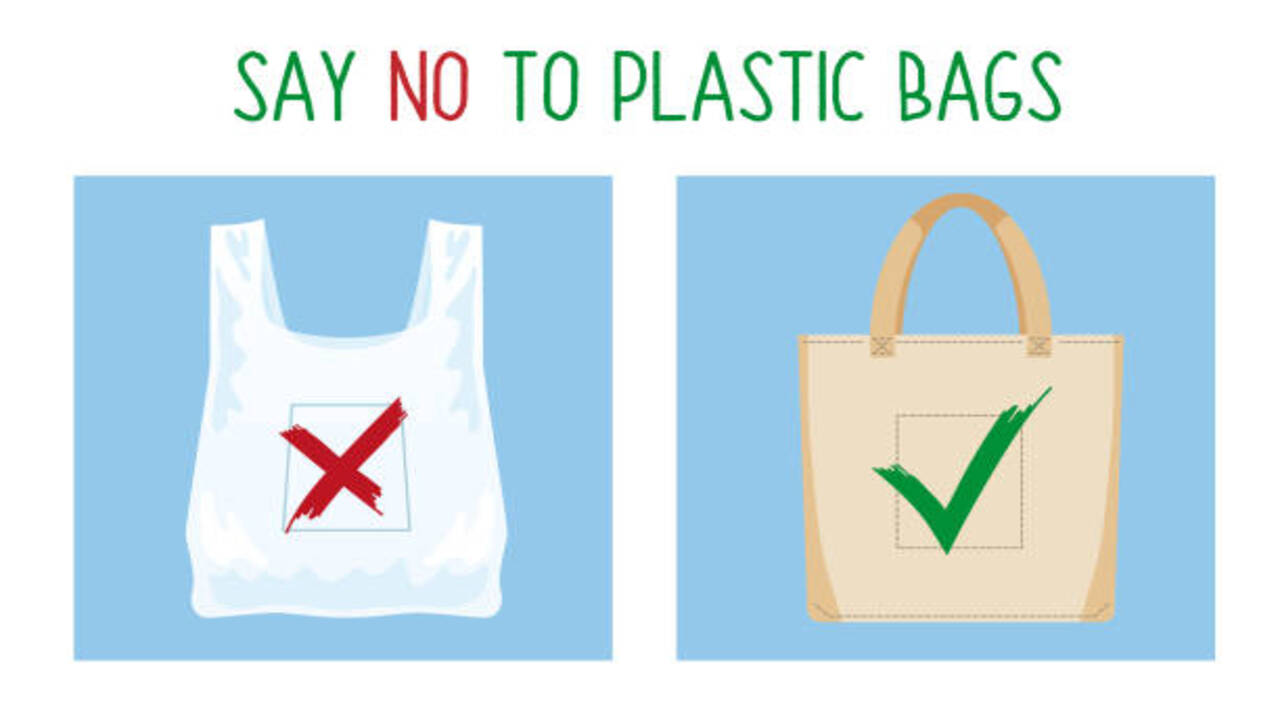We are very fortunate to live in an advanced country. We can go to our local store, buy what we want, put it in a disposable plastic bag and take it home. But our happiness is also our misery. This article explains how the use of plastic bags has a negative impact on the environment, what alternatives are available, and how the government can help.
There are a number of positive aspects to using plastic bags. Convenience is one of the most important factors. They are convenient for both the store owner and the merchant. Shoppers can take their purchases home in plastic bags that are easy to handle and dispose of. Managers will find that plastic bags are the most cost-effective form of advertising. The bags can be printed with a brand name, logo, address, or phone number to promote the business. Plus, the bag will be seen by thousands of people as you carry it around. And make no mistake: a well-deserved recommendation for your business from every customer who owns a stamped bag is priceless. No other marketing medium can give you that kind of reach for so little investment.
Plastic bags creates pollution
The disposable nature of these plastic bags is a serious problem. These bags are intended for single use. It is estimated that 700 plastic bags are used per customer per year. Multiply that by a family of four and you get 2,800 bags for a standard household. Add to this the population of industrialized countries, and it is clear that estimates of 500 million to 1,000 billion plastic bags thrown away each year are probably too high. Unfortunately, these discarded bags don’t just end up in landfills. They can also end up in the world’s oceans. Of the more than 10 million pieces of trash collected from beaches on International Coastal Cleanup Day, 1,126,774 were plastic bags. Plastic bags were the second most common type of litter after cigarette butts and filters (21%) and accounted for 11% of the total marine litter collected.
Government measures on this issue
International governments have been called upon to address the terrible consequences of discarded plastic bags. While many government initiatives are at the local level, some large government organizations are making significant progress. At least 40 countries and municipalities around the world, including China and Mexico City, have already banned plastic bags completely. Ireland and Toronto have introduced taxes on plastic bags. Despite these major advances, we have not lost our taste for single-use bags. We can only hope that the day will come when all plastic bags are banned worldwide.
Ban on plastic bags
A total ban on plastic bags would not have a negative impact on the world. There are already two very good alternatives on the market: biodegradable bags made of natural fibers and bioplastic that decompose quickly. These bags can absorb fingerprints, so you don’t lose a good promotional opportunity for your company. The biodegradable bag is a good choice for customers who forgot to take their main alternative, the reusable bag. Visit also: Eco Friendly Bags Manufacturer
Secondly, using reusable bags is the most ecological way to go. They are not thrown away, so there is no waste, and there is no need to burn fossil fuels to produce them again and again.
If a reusable bag just doesn’t fit or if a customer forgets their bag, we can use a bioplastic version. These bags maybe a little more expensive, but the lasting effect of being environmentally friendly far outweighs this low cost.
Read also:
